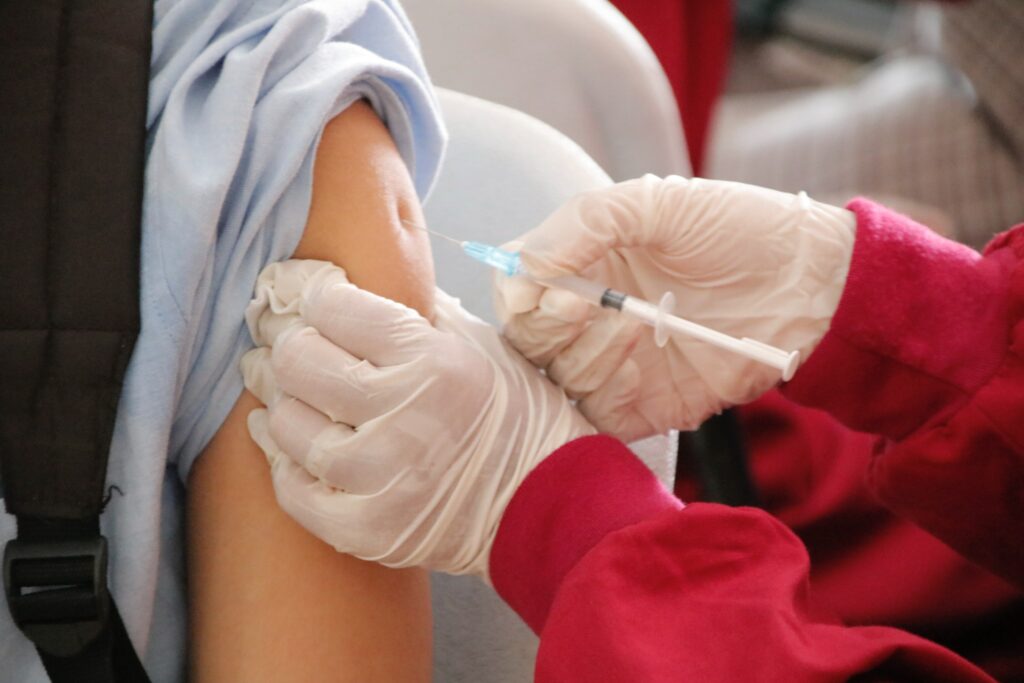الأثنين, فبراير 20th 2023
Staff shortages and physician burnout. Medication supplies dwindling and emergency departments shutting down. How has Switzerland managed to maintain its medical centers thus far and how will it prepare for the grim future?

Swiss hospitals are short 4,000 doctors alone.
Although hospitals in Switzerland are small, they rank among the best in the world. In fact, seven Swiss hospitals ranked on Newsweek’s list of The World’s Best Hospitals 2021 — with one in the top ten.
Moreover, the ratio of hospitals to people in Switzerland is also relatively high. There are 80 hospitals in Switzerland, divided among 26 cantons with an average of 4.5 beds per thousand people.
But it’s not the quality of Swiss hospitals or number of beds that’s been making headlines — it’s the chronic shortage of skilled labor to operate these institutions. The rising demand for healthcare services is outpacing the availability of skilled professionals in Switzerland. With emergency rooms closing at night, hundreds of nurses leaving their jobs every month, and a shortage of critical medication, Swiss citizens are alarmed, with some professionals calling the situation “completely hopeless.”

Like nearly every country, the Covid-19 pandemic caused stress and burnout among Swiss healthcare workers.
The number of healthcare and support staff in Switzerland has increased by 19% since 2012, but another 70,000 people will be needed by 2029, according to a report by the Swiss Health Observatory. A report from the newspaper SonntagsZeitung, states that with nearly 14,800 unfilled jobs, no sector has more unfilled vacancies in Switzerland than healthcare.
The current workload is unprecedented, said Ribordy Vincent of the Swiss Society of Emergency and Rescue Medicine. An exceptional number of healthcare workers also leave the profession due to burnout. According to the Swiss Professional Association of Nurses, around 300 nurses turn their backs on the profession every month.
Employees are leaving because they can no longer cope with the pressure and the workload. The exhaustion is too great, and there’s no longer willingness to continue working under conditions with constant stress, irregular working hours, low salaries, and overtime.
“Full capacity for a long time, and they are on the brink of exhaustion and are leaving the profession because they see no prospects for improvement,” emphasized Sophie Ley, the President of the Swiss Nurses Association.

Many medical professionals say they would prefer jobs in research where salaries and hours are predictable.
While the pandemic contributed to burnout in the Swiss healthcare sector (and worldwide), it simply highlighted an existing problem in the industry. Pierre-André Wagner, head of the legal department of the Swiss Nurses’ Association, says that the pandemic had an especially devastating effect because of cuts to health care in previous years.
“Even in normal circumstances, hospitals in Switzerland were operating to the limit of their capacity,” Wagner said. (READ MORE: Swiss teens, adolescents bore the brunt of Covid-19 stress).
The fallout is particularly acute in rural Swiss emergency rooms and critical care units. In January, a hospital in Martigny announced in a press release that it would be closing the ER overnight. The closure was directly related to a lack of qualified personnel.
During the winter months, there’s even more pressure on emergency rooms due to ailments like pneumonia and rising cases of RSV in children. The recent wave of flu-like infections in Switzerland has been hitting emergency rooms hard.
Emergency rooms are used as the main interface with the population, Vincent Ribordy, the co-president of the Swiss Society of Emergency Medicine, explains. And the situation in Martigny is not isolated.
“The Upper Valais hospital center counts over 21,000 patients in the emergency. That’s 8.5 % more than in the previous year,” explained Andreas Frasnelli, chief physician of the emergency department of the Visp hospital.
“We hope nighttime closures are temporary, but we cannot reopen at night unless we can recruit enough staff,” says Vincent Frochaux, the head of medicine in a hospital in the canton of Valais.
Nighttime ER closures aren’t the only concerns. Swiss authorities have declared a shortage of medication, as well. Oral medications like the painkillers paracetamol and ibuprofen are in need, especially in syrup form for children. Supply bottlenecks are to blame. In some cases, missing active ingredients are unavailable; in others, it is the vial or packaging. (READ MORE: Why in the land of pharma, the Swiss turn to natural meds).

Swiss doctors are choosing to retire five to ten years after they are eligible to help with shortages.
Nurses aren’t the only skilled staff in high demand facing “unrealistic” working conditions. Around 19,000 doctors work in the Swiss outpatient sector, 40% of whom are general practitioners. General practitioners or house doctors have been the backbone of primary care for decades.
“[In Switzerland] between 3,000 and 4,000 general practitioners and pediatricians will be needed in the next few years,” says Philippe Luchsinger, President of the Swiss Association of General Practitioners and Pediatricians (MFE). But a study by the University of Basel warns that Switzerland is already experiencing a shortfall of 2,000 GPs. This figure could double in the future.
“We only have five pediatricians in the whole of Upper Valais – and that with a growing population,” says Nursing Director Kilian Ambord.
The need for skilled nurses and primary care physicians has increased steadily over the years as the population has aged, but Switzerland does not train enough qualified personnel.
Likewise, there is a high drop-out rate for those who want to get into the profession: 46% of nurses quit their studies. This means that if nothing is done, Switzerland will need an additional 65,000 nurses by 2030, according to the Swiss Health Observatory.
Swiss doctors and nurses are also getting older and set to retire. One in six primary care physicians in Switzerland is over 65, meaning thousands of GPs will retire in the next decade. Most GPs who could retire at 65 choose to work until 75 because they are so badly needed.

Mobile applications where patients can speak quickly to a professional are relieving some of the stress on physicians and hospitals.
In the short term, hospitals have relied on expensive temporary staff who work on limited contracts. Temporary staff can cost as much as one-third more than permanent employees. Other hospitals hire staff from abroad to fill the massive gaps. In fact, in Switzerland one in three nurses is from abroad. Healthcare workers are lured to Switzerland by higher salaries.
Another solution being implemented is less work for more pay. The Wetzikon Hospital near Zurich offers a 38-hour work week with the same salary in an effort to fight the nursing crisis and improve attrition.
Swiss voters have also taken action to help resolve the crisis. In 2021, voters made a landmark decision to improve nurses’ working conditions. It was the first time for a specific professional group of employees to win a nationwide ballot and be protected by the constitution.
Others are turning to technology. Consultations take place by telephone or video. Digital platforms, like eedoctors, fill a gap in the market when GPs aren’t available. Patients can access doctors through a mobile application and get medical advice via a video link. Prescriptions are sent directly to their smartphones.
What’s clear is that this crisis will not be solved overnight. It will require the cooperation of the government, educators, citizens, and businesses working together to resolve it successfully.
يمكن مشاركة هذه المقالة وإعادة طباعتها مجاناً، شريطة أن تكون مرتبطة بشكل بارز بالمقالة الأصلية.
